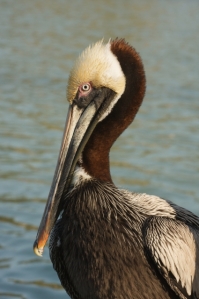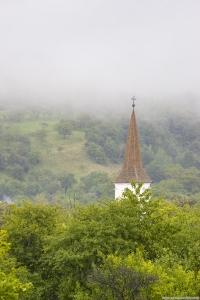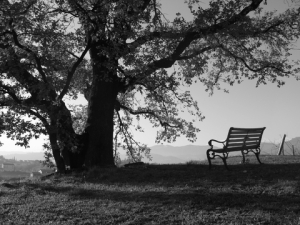“ARE YOU A RESERVOIR OR A CANAL OR A SWAMP?”
This has been the longest time in between posts since I begin in March. I have sorely missed writing. A high school graduation, seeing one “chick” off to China, getting a part time gig, yada yada, I am back…and inspired.
I don’t know if any of you know the wonderful African American theologian and writer, Howard Thurman, but I would encourage anyone reading this to Google him, delve into his biography, peruse a list of his works, and read one.
My favorite is Meditations of the Heart; today’s blog and blog title were inspired by it.
 Thurman asserts, “The dominanat trend of a (person’s) life may take on the characteristics of a canal, reservoir or swamp. The important accent is on the dominant trend. There are some lives that seem ever to be channels, canals through which things flow. They are connecting links between other people, movements, purposes. They make the network by which all kinds of communication are possible. They seem to be adept at relating needs to sources of help, friendlessness to friendliness. Of course, the peddler of gossip is also a canal. If you are a canal, what kind of things do you connect?
Thurman asserts, “The dominanat trend of a (person’s) life may take on the characteristics of a canal, reservoir or swamp. The important accent is on the dominant trend. There are some lives that seem ever to be channels, canals through which things flow. They are connecting links between other people, movements, purposes. They make the network by which all kinds of communication are possible. They seem to be adept at relating needs to sources of help, friendlessness to friendliness. Of course, the peddler of gossip is also a canal. If you are a canal, what kind of things do you connect?
Or are you a reservoir? Are you a resource which may be drawn upon in times of others’ needs and your own as well? Have you developed a method for keeping your inlet and your outlet in good working order so that the cup which you give is never empty? As a reservoir, you are a trustee of all the gifts God has shared with you. You know they are not your own.
 Are you a swamp? Are you always reaching for more and more, hoarding whatever comes your way as your special belongings? If so, do you wonder why you are friendless, why the things you touch seem ever to decay? A swamp is a place where living things often sicken and die. The water in a swamp has no outlet. Canal, reservoir, or swamp-WHICH?”
Are you a swamp? Are you always reaching for more and more, hoarding whatever comes your way as your special belongings? If so, do you wonder why you are friendless, why the things you touch seem ever to decay? A swamp is a place where living things often sicken and die. The water in a swamp has no outlet. Canal, reservoir, or swamp-WHICH?”
Great stuff: here is my reflection…at different times in my life and certainly on different days, I have been all three. Yet clearly my life’s arc is that of a canal. I have always had the desire to connect friends, ideas, and causes together. It gives me great joy. As one who likes to weave a good yarn and talk to everybody, literally; I think I was born to be a canal. Tides of gossip that have polluted the water flow from time to time have ebbed over the years. I’ve discovered that low-esteem and fear fuel the impulse to gossip. Feeling grateful and peaceful are protective antidotes, and my life has too much interesting and engaging pursuits to waste time and energy unneccessarily on unproductive and soul sucking pastimes (yet I’m human….)
 The reservoirs in my life are several and are some of my greatest blessings. Everyone absolutely needs a reservoir or two in their life that they can go to and “drink” or “wash” and be refreshed, while leaving the water still and clear and full. It’s equally important to recognize these special people as such; we often take reservoirs for granted. They seem like they will always be there, however they too are in delicate balance with boundaries and limits.
The reservoirs in my life are several and are some of my greatest blessings. Everyone absolutely needs a reservoir or two in their life that they can go to and “drink” or “wash” and be refreshed, while leaving the water still and clear and full. It’s equally important to recognize these special people as such; we often take reservoirs for granted. They seem like they will always be there, however they too are in delicate balance with boundaries and limits.
Not too much needs to be enumerated about swamps, we all know them (some are our neighbors, family, co-workers), we may have to wade lightly on the periphery of their presence. We can enjoy the view while being careful not to step in too deeply, lest we get mired in the muck.
I think regarding the reservoir or canal or swamp that most important thing to remember is the idea of “WHICH”. Ultimately, we choose.


















